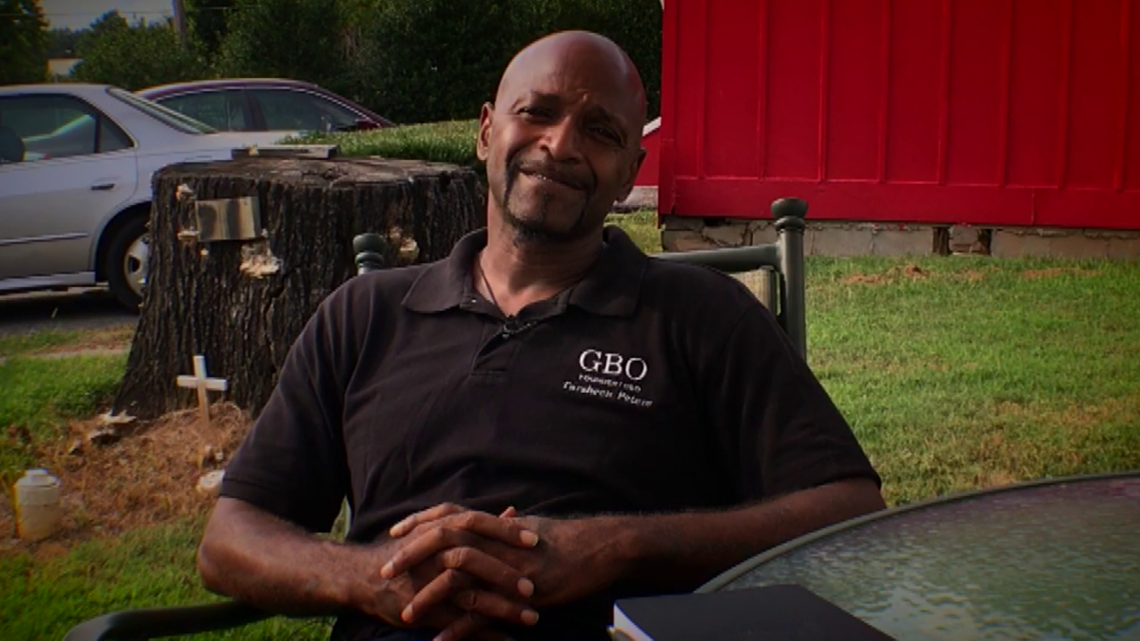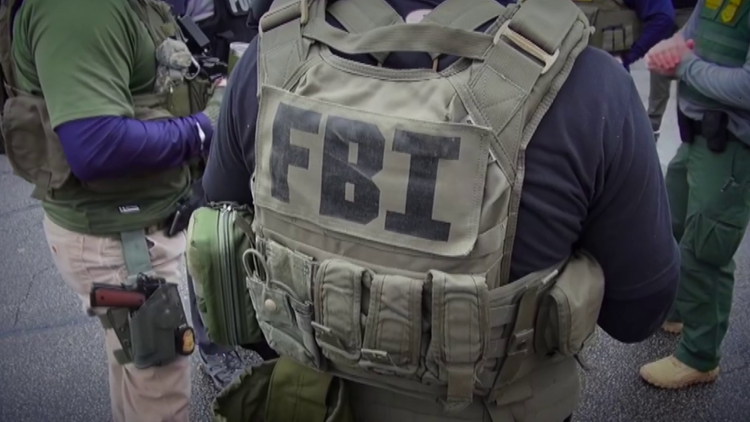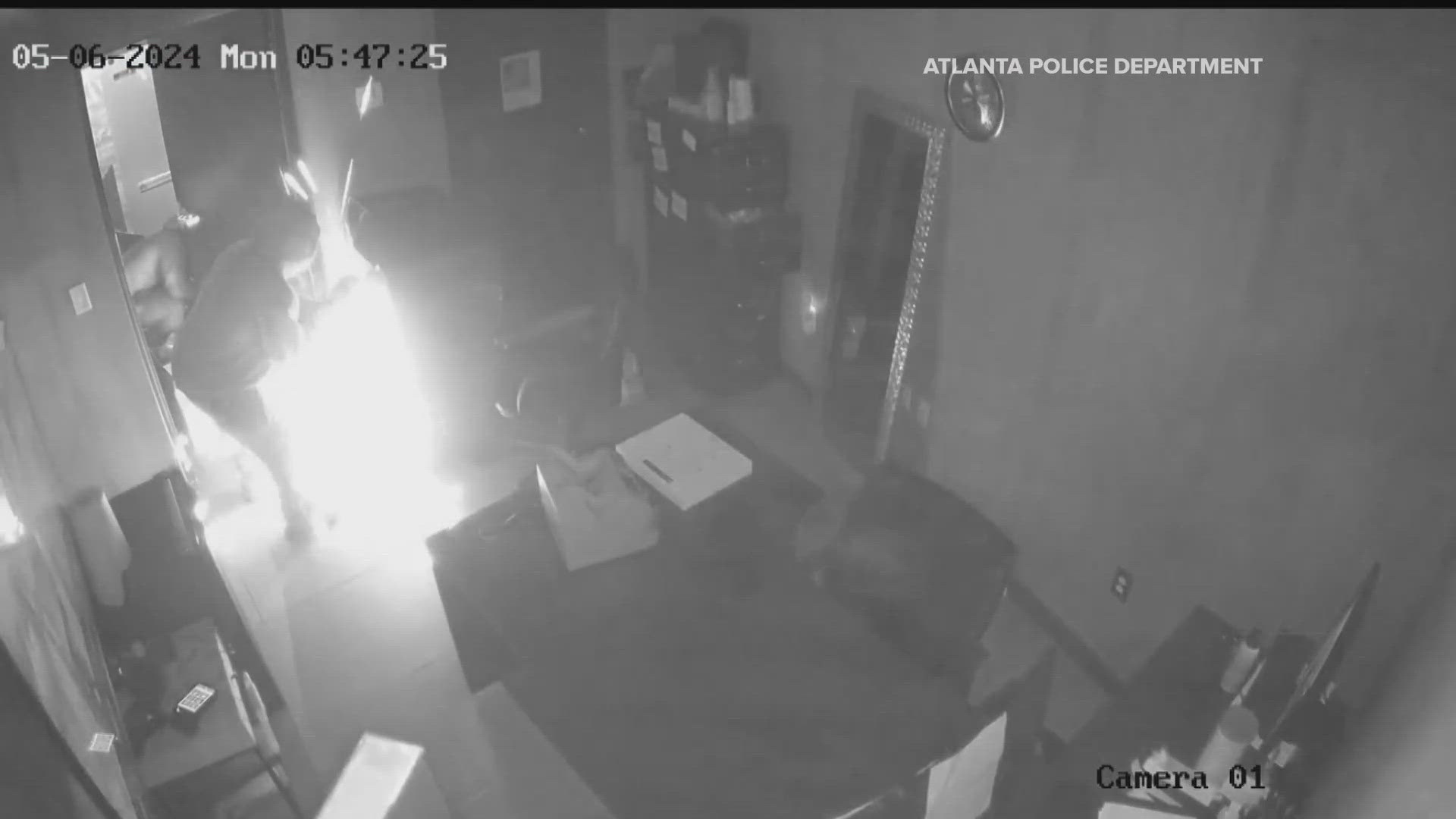From urban neighborhoods, to the suburbs. Law enforcement in metro Atlanta have their hands full.
"In the last five years, we've witnessed a huge growth in the number of gang members in the Atlanta metro area,” explained Special Agent James B. Hurley, Jr. with the FBI.
The numbers are staggering – Hurley said the FBI estimates there are nearly 50,000 gang members right here in Atlanta… and that number is growing.
"Pretty much all the national gangs are now represented in Atlanta," Hurley said.
The FBI and its partners are now aggressively going after metro gang bangers to put a stop to the growing numbers.
"Ten FBI agents and 15 task force officers from 15 different federal, state and local agencies,” Hurley explained. “In addition, we have four intelligence analysts who help make connections between the gangs we work in the Atlanta metro area with other parts of the state, and even other parts of the country."
And they're not just kicking in doors to fight gangs.
"Undercover operations, wire taps, controlled drug buys,” Hurley listed. “We also develop sources with people from the community, people coming to us saying we have a gang problem this is what we know."
PREVIOUS | Gangs are infiltrating Atlanta and targeting its children - and they're doing in plain sight
It’s a problem that Tarsheen Peters is all too familiar with.
The Gwinnett County resident said he is a former Crips boss, whose gang operation ran the west coast to the east coast. Peters said he got schooled while locked up.
"I got introduced in prison," he said. “The O.G.'s where I came from teach us how to move around in the streets. How to sling dope, hope to make money, who to watch out for, who to stay away from."
After a brush with death in 2007, though, Peters said he’d had enough.
"That's when my whole life changed," Peters said.


Peters said most gang members are looking for love and acceptance.
"You don't get that love in the household where you feel you should have," he said.
It’s something Hurley agreed with.
"A lot of it has to do with a breakdown in the families," he said.
That’s why Peters started a non-profit, Gang Breakers, to try to show young people – and potential gang recruits – that there’s more to life.
"Let's empower our kids. Let's show them a better way," Peters said.
He now helps dozens of young former metro Atlanta gang members through his nonprofit by getting them to focus on school, honest jobs and church. And these two young men are grateful for it.
"I never had a positive role model in my life,” explained one former gang member, who didn’t give his name. “So when he (Peters) came in, he would take me to church and he would mentor me and take me under his wing and helped deal with my anger issues."
Peters said it’s all about not giving up on the young people.
“Let's stop judging these kids for the way that they dress, the way they look, the way they walk, the way they talk and let's come with the solution and helping them and say, ‘Hey, this is not the right way to do this. Let me show you the right way’,” Peters concluded.



